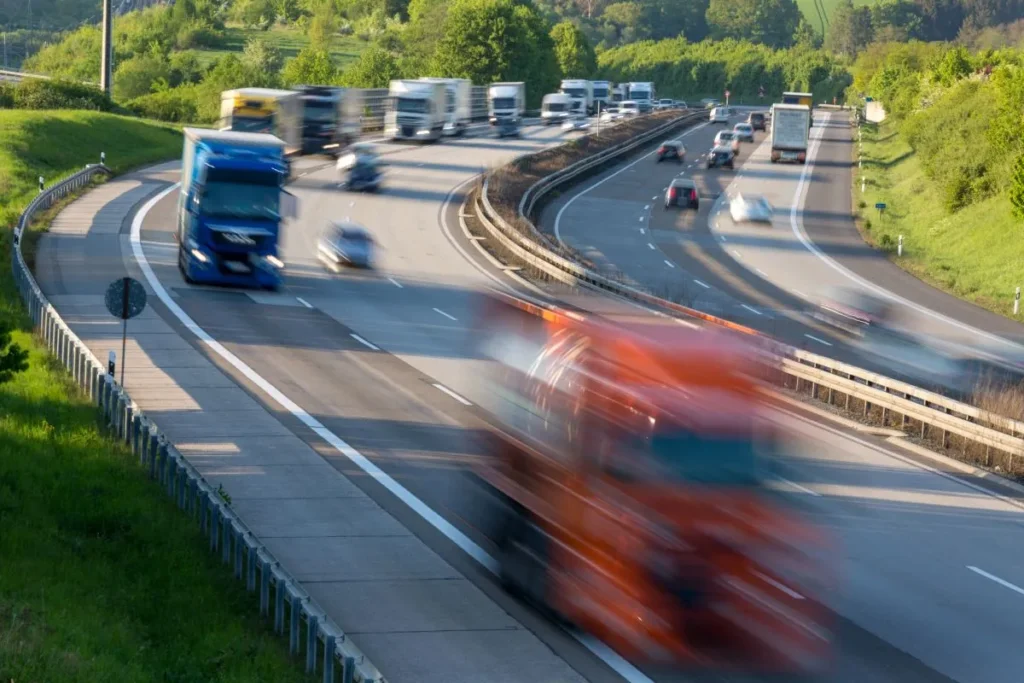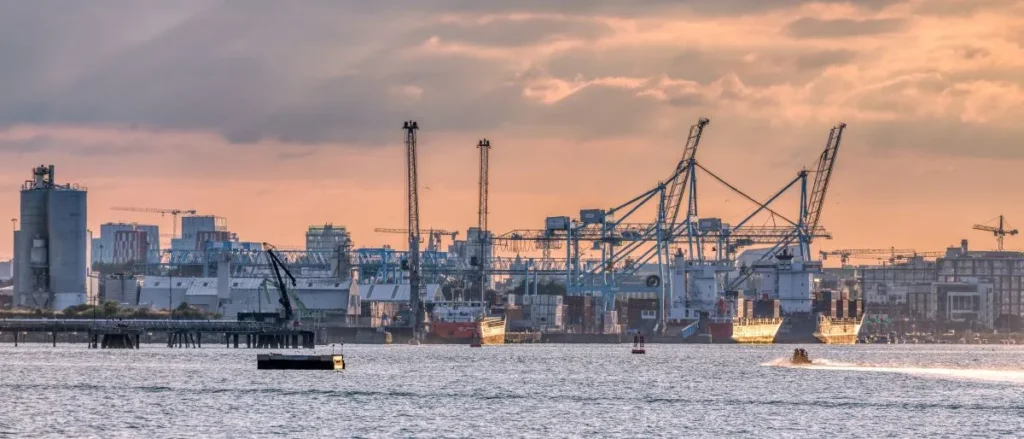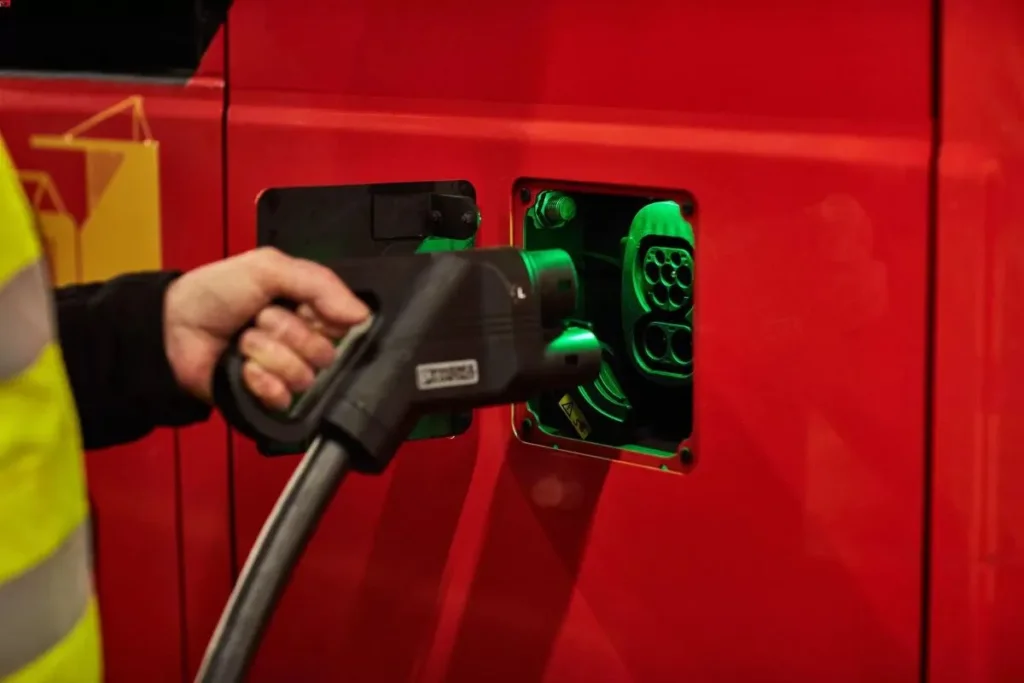Wim van de Camp and Merja Kyllönen, authors of the two reports about the Mobility Package, are not present in the new European Parliament. “Some other important names of people who had a strong influence on the work on this document are also missing, e.g. Pavel Telička. It is not yet entirely clear how the composition of the Transport Committee will change,” notes the representative of the office of Kosma Złotowski, MEP. “These posts will have to be filled, as the shape of further work on the Mobility Package depends on them.”
The shape of the document itself has already been outlined – during the last vote of the old parliamentary term. Now MEPs must vote in favour of the mandates (and this may happen as early as July) to enable the Trilogues, or further work, to start with the Council of the EU and the European Commission.
It is unofficially said that the Finnish Presidency of the EU Council is ready to start these negotiations in September. If a compromise can then be reached, then the Mobility Package will be ready.
List of names
So much for theory. In practice, we still don’t know more than we know.
The number of possible scenarios that may happen is large, mainly because there is not enough clear procedural path in the European Parliament to tell us how to proceed in the case of projects on which work began in the previous parliamentary term and which are moving on to the next one,” we heard in the office of the Member of the European Parliament, Kosma Złotowski, who, as in the previous parliamentary term, will participate in the work of the European Parliament.
“The key positions are not yet filled. There are no names of the coordinators of the political groups, we do not know what the composition of the Transport Committee will be like, we do not know who will deal with the reports that have been left without authors after the elections. All the more so as it is not known whether there will be Members who will want to take such large documents on themselves right from the start,” adds the representative of the MEP’s office.
Is there a chance?
And all this makes what seemed to be simple in theory more complicated.
The content of the reports on the Mobility Package was adopted. Voting through the mandates for further negotiations is only a formality. At least it seems that way. At the moment, however, we do not know how the forces in the Committee on Transport will be distributed. Who knows, if it’s better for us, maybe we can even reject these mandates,” speculates the office.
What then? Poland will probably try to make sure that the work starts from scratch. Similarly, if it is not possible to reach a compromise under the Trilogue, then, as we have heard, “the European Commission should try to produce completely new documents, because those on which work has already been carried out have been changed many times, and in addition there is no impact assessment available for them”.
Paperwork and costs
The industry is waiting in suspense for information on the future of the Mobility Package. Meanwhile, the Minister of Infrastructure Andrzej Adamczyk assures that “the Ministry of Infrastructure, as well as the entire Polish government, will actively work to expand the coalition of countries ‘thinking alike’ in terms of mobility and competitiveness”.
“Many procedures were violated during the adoption of the European Parliament’s position on the Mobility Package on 4 April this year,” stressed the minister during a consultation meeting with the Polish Transport Logistyka Polska Association.
In his opinion, the European Parliament’s proposal is even more unfavourable than the general approach of the EU Council. This is illustrated tangibly by an example given by the Polish National Driver Settlement Centre:
Now:
The regulation currently in force is seven days for cabotage, with the possibility of performing up to three such operations, where the international carriage resets the previous routes. Thanks to this, the set can leave Poland for France, in France it performs three cabotage transport operations: Paris-Lyon, Lyon-Marseille, Marseille-Nice. It then travels to Turin, Italy, and takes the cargo to Paris, where three more cabotages are allowed from then on in the following seven days.
After changes:
The plan is to permit work for three days in a country with a limitless number of carriages. Then there are 60 hours of a so-called cooling off period, i.e. the freezing of journeys before returning to a given EU country. It is necessary to return to Poland in order to reset cabotage in a selected Member State. For example, a truck goes to France to carry out two cabotage operations Paris-Lyon and Lyon-Marseille. It then travels to Turin, Italy, taking the cargo and returns to the French capital, where it still cannot perform cabotage without a new international freight from its home country. In addition, it must not be less than 60 hours after the return.
All in the hands of the new representatives
Experts have no doubt that the Mobility Package will eventually come into being. Something else is really important.
The only question is whether the newly elected MEPs together with the members of the Council of the European Union will return the draft to the TRAN Committee to develop good law and not the protectionist orders of several countries,” sums up Łukasz Włoch, expert of the National Driver Settlement Centre.



